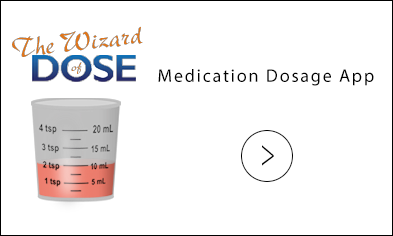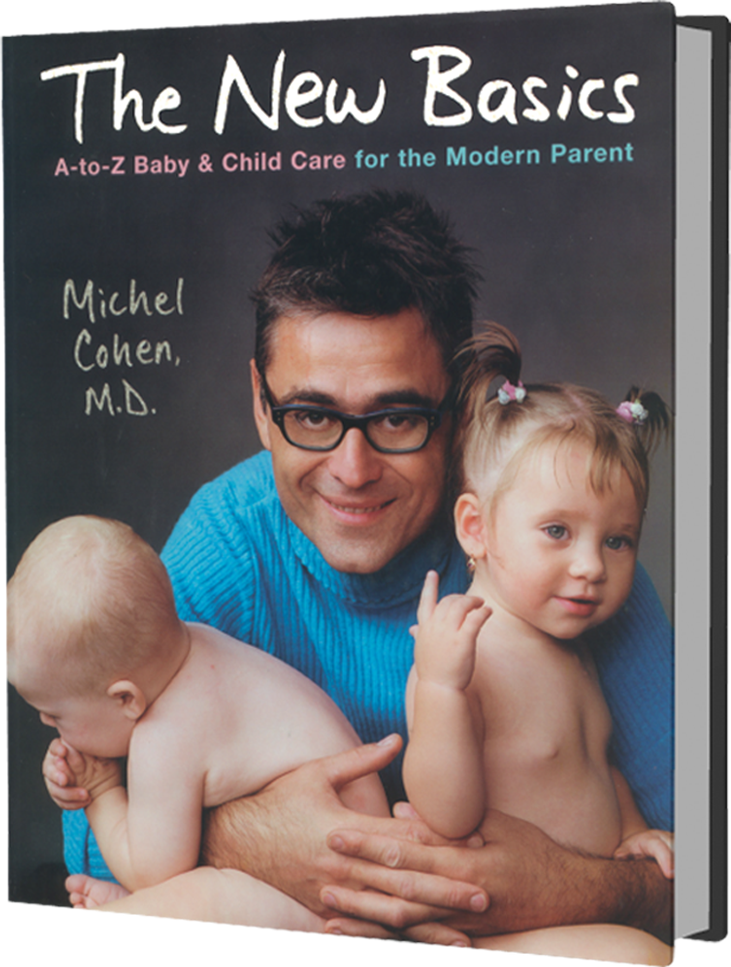
Pain and Fever Medications
The difference between acetaminophen (Tylenol) and ibuprofen (Advil, Motrin) is the same as the difference between Coke and Pepsi: not much. Both medications will relieve moderate pain and lower almost any fever. They come in liquids and chewable pills, but only Tylenol comes in suppository form. Since acetaminophen and ibuprofen are different chemicals, you can alternate between them or even use them together. The side effects are almost nonexistent with appropriate doses. Both medicines can be given on an empty stomach since kids are not prone to acidity. Neither medication will treat a runny nose or congestion, unless it’s marketed as a cold remedy, in which case it’s supplemented with some additional undesirable decongestants, which I don’t recommend. We no longer give aspirin to kids for fear of a very rare but serious side effect on the brain called Reye’s syndrome.
If Jimmy is experiencing pain or discomfort from a fever, be sure to give him the correct dosage for his age and weight (or even a tiny bit more), or else you won’t see the medicine’s miraculous healing effects. You can safely repeat the acetaminophen dose every four hours; every six with ibuprofen. If needed, you can safely administer them several days in a row in the recommended doses, as long as you have addressed the cause of Jimmy’s discomfort or fever.
As wonderful as both of these medications are, they should be used sparingly, not because they don’t work or have side effects, but because they can either suppress symptoms that help an illness run its course or make it trickier to follow the course of an illness. Fever, for example, helps get rid of viruses and may also be an indication that the illness is worsening.




 MEDICATION DOSAGE
MEDICATION DOSAGE

